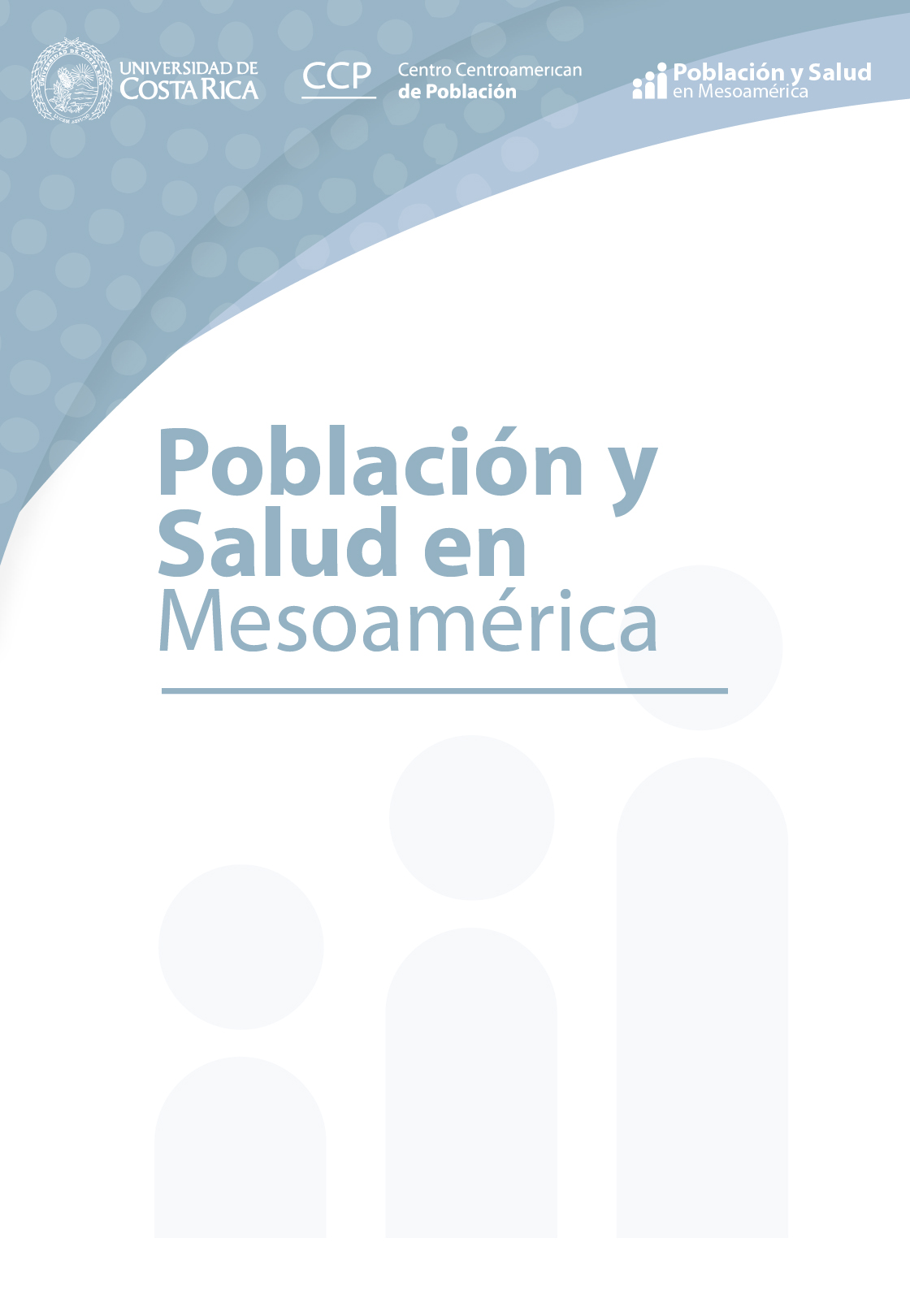Resumen
Introducción: En Costa Rica, según la segunda encuesta de vigilancia de los factores de riesgo cardiovascular del 2014, el exceso de peso en mujeres alcanza un 70.6 %. Esto trae múltiples consecuencias para su salud física y emocional. Se ha tratado de abordar este problema, a partir del criterio de profesionales en salud sin consultar a las personas afectadas acerca de sus preferencias. Objetivos: Identificar las características deseables que debe incluir un programa educativo dirigido a mujeres con exceso de peso en el Cantón Central de la provincia de Alajuela, Costa Rica, desde el punto de vista de las participantes y del personal de salud. Metodología: Se utilizaron tanto técnicas cualitativas (2 grupos de discusión, 5 grupos focales, 7 entrevistas a profundidad y 2 sesiones de devolución de resultados con 28 mujeres), como cuantitativas (una encuesta a 16 profesionales en salud de diferentes disciplinas). Resultados: tanto para la mayoría de las mujeres participantes como para todo el personal de salud, el programa debe contar con tres componentes: el nutricional, el psicológico y el de actividad física. Ambos grupos coinciden en que idealmente debería ser un programa grupal con un componente individual. Las mujeres indican que el programa debería motivarlas, ejercer control y ofrecerles una “dieta”. Conclusiones: Un programa dirigido a mujeres con exceso de peso, debe ser preferiblemente grupal, tratar la parte nutricional, promover la actividad física y priorizar el abordaje de los factores emocionales. Se recomienda trabajar en forma interdisciplinaria; siendo básico contar con una persona profesional en nutrición.







